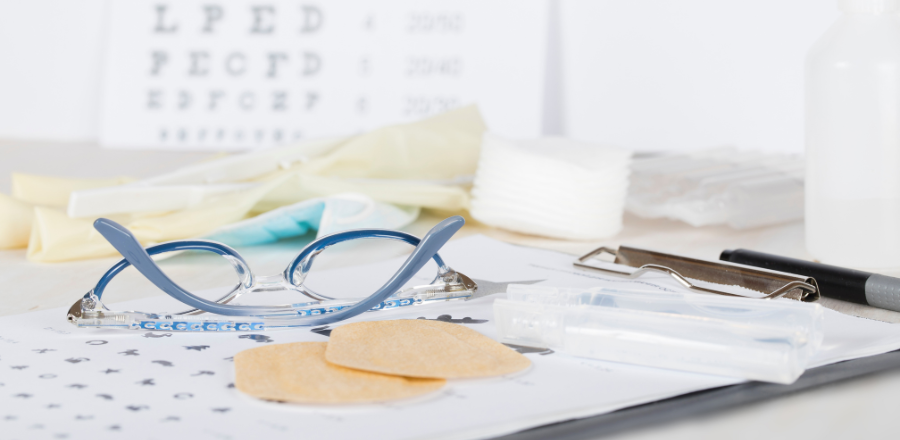Can light therapy and specialised glasses curb short-sightedness in Scottish children?

The number of children with short-sightedness (myopia) in the UK is on the rise, likely due to changes in lifestyle with more children now spending less time outdoors.
In addition to the financial cost to the NHS of spectacle correction, myopia increases the risk of eye diseases in adulthood and subsequent visual impairment.
Vision Sciences researchers, from Glasgow Caledonian's School of Health and Life Sciences' Research Centre for Health, have teamed up with the Lumie light company to explore if seasonal affective disorder (SAD) lamps may provide an alternative way of slowing down the worsening of myopia for the first time in children.
Lumie is a member of the Society for Light Treatment and Biological Rhythms (SLTBR), an international group devoted to promoting research and knowledge about the biological effects of light.
Dr Stephanie Kearney said: “There are specialised glasses and contact lenses available in the UK which aim to reduce excessive growth of the eye in myopia and reduce the likelihood of a child developing high levels of myopia.
“However, these are not yet funded by the NHS, and not every child responds to treatment and treatment effects can be small. Therefore, the research group is also exploring the cost effectiveness of commercially available treatments for the first time in the UK.”
Both studies are currently recruiting children aged 6-12 years. If you, or someone you know, are interested please email stephanie.kearney@gcu.ac.uk or emma.dow@gcu.ac.uk
